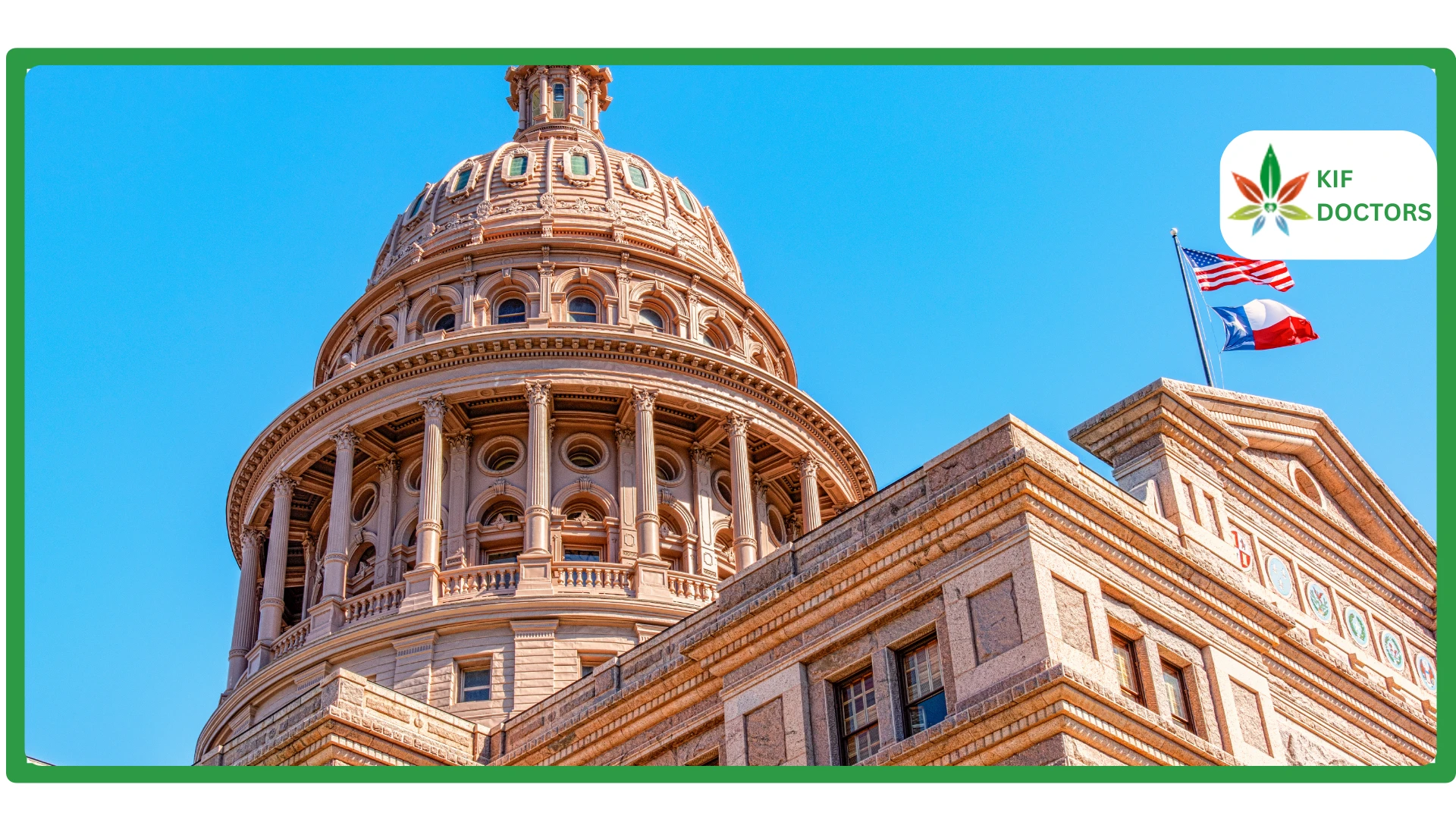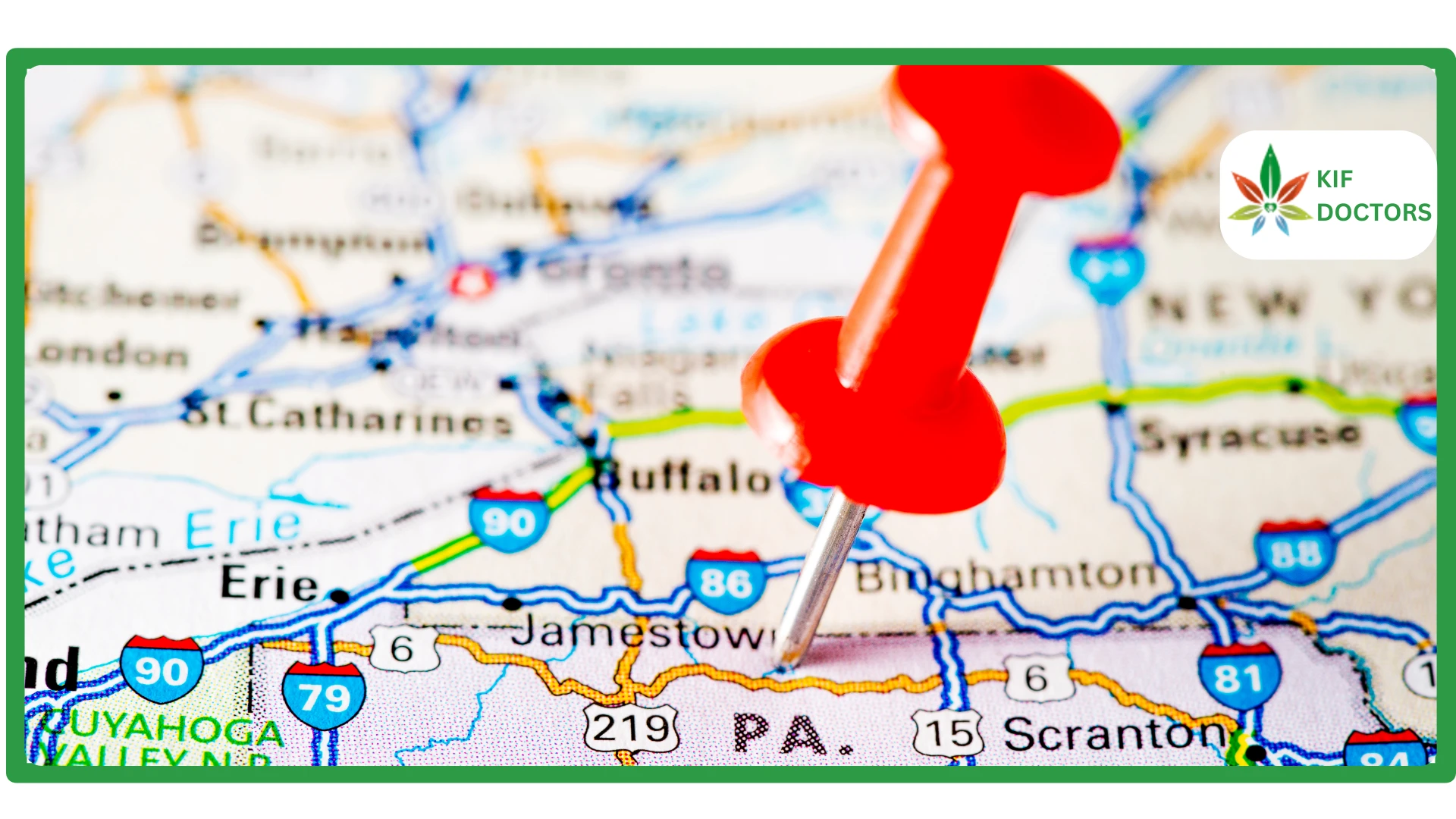Are you looking for the list of qualifying medical conditions for a Georgia medical card? If so, you've come to the right place. We know this can be a confusing topic, and we are here to make it as simple as possible.
Before we show you the list, it's very important to know that Georgia's program is a little different. The card you get in Georgia is for "Low THC Oil," not for traditional medical marijuana like in other states. Let's talk about what that means first.
What is a Low THC Oil Registry Card?
In Georgia, the medical cannabis program was started by a law called Haleigh's Hope Act. This law allows people with certain health problems to legally have a special kind of cannabis oil. This oil is low in THC.
THC is the part of the cannabis plant that makes people feel "high." Georgia's low THC oil can have no more than 5% THC. This means it is designed to give you the health benefits of the cannabis plant without a strong high.
So, when you get a card in Georgia, it’s a Georgia Low THC Oil Registry card. This card lets you possess up to 20 fluid ounces of this specific oil.
The Official List of Qualifying Conditions
Now, let's look at the official list of health problems that can qualify you for a card. The state of Georgia has approved several serious conditions. If a doctor has told you that you have one of these, you may be eligible.
Here are the current Georgia medical cannabis qualifications:
-
Cancer, when the treatment causes wasting illness or nausea and vomiting.
-
Seizure disorders, when they are resistant to other treatments.
-
Multiple Sclerosis (MS), when it is severe or at the end-stage.
-
Amyotrophic Lateral Sclerosis (ALS), when it is severe or at the end-stage.
-
Parkinson’s Disease, when it is severe or at the end-stage.
-
Sickle Cell Disease, when it is severe or at the end-stage.
-
Mitochondrial Disease
-
Tourette’s Syndrome, when it is severe.
-
Autism Spectrum Disorder, for patients who are 18 or older, or under 18 if they have aggressive behavior.
-
Epidermolysis Bullosa (a skin condition).
-
Alzheimer’s Disease, when it is severe or at the end-stage.
-
AIDS, when it is severe or at the end-stage.
-
Peripheral Neuropathy, when it is severe or at the end-stage.
-
Hospice Care, for patients who are in hospice.
-
Post-Traumatic Stress Disorder (PTSD), for patients with a documented history of trauma.
-
Intractable Pain, which is pain that has not gotten better with other treatments.
It is important to remember that these are the only conditions approved by Georgia law right now. The state has a process to add more conditions in the future. The program was created to help people dealing with a number of serious medical conditions.
How to Get a Medical Card in GA (The Simple Steps)
So, you looked at the list and think you might qualify. What's next? Getting your card is a clear process, and we can break it down into a few easy steps. We want to make the process of getting a medical card as smooth as possible.
Step 1: Have Your Medical Records
First, you will need to have a medical diagnosis from a doctor for one of the conditions on the list. This is the proof that you will need for your certification.
Step 2: Talk With a Licensed Doctor
This is the most important step. You must have a Georgia-licensed doctor certify that you have a qualifying condition. The doctor will fill out a special waiver form and submit it to the Georgia Department of Public Health for you.
You can make this step much easier by doing it online. The caring and professional Kif's Doctors at The Kif can meet with you from the comfort of your home. They make the process private and stress-free.
Step 3: Wait for the Call
After your doctor submits the form, the Georgia Department of Public Health will process it. Once it's ready, someone from a local public health office will call you to let you know your card is ready for pickup.
Step 4: Pick Up Your Card
You will then go to the designated public health office to pay the $25 fee and get your card. Make sure to bring your ID with you. Your card will be valid for two years.
A Quick and Helpful Tip:
We believe getting your doctor's certification should be fast and simple. At The Kif, we offer a streamlined online process to talk with a licensed physician. We have great pricing and provide Instant Approval! Our goal is to help you get the relief you need without any unnecessary delays.
Trusting Your Doctor is Key
Having a doctor who listens to you is so important. They are your partner in health and the person who officially gets your application started. The doctor’s signature on the waiver form is what tells the state you have one of the qualifying medical conditions for a Georgia medical card.
This is why choosing the right service matters so much. We encourage you to learn about our patient-first mission and see how we are committed to providing compassionate and professional care to everyone.
Your Next Step on the Path to Wellness
We hope this guide has made everything much clearer. Understanding the qualifying medical conditions for a Georgia medical card is the first, most important step. Georgia’s Low THC Oil program is specific, but it provides a legal, safe option for many people who are suffering.
If you have a qualifying condition, you now know the simple steps to take. Speaking with a doctor is easier than ever before.
If you have any more questions, we are here for you. Please feel free to contact our team for help, and we will be happy to assist you.
 Since 2021, Kif offers a streamlined platform to get a medical marijuana card online. We have served more than 45K patients across the United States. Sign Up Now to get the right to use medical cannabis for your health condition without any delay.
Since 2021, Kif offers a streamlined platform to get a medical marijuana card online. We have served more than 45K patients across the United States. Sign Up Now to get the right to use medical cannabis for your health condition without any delay.























